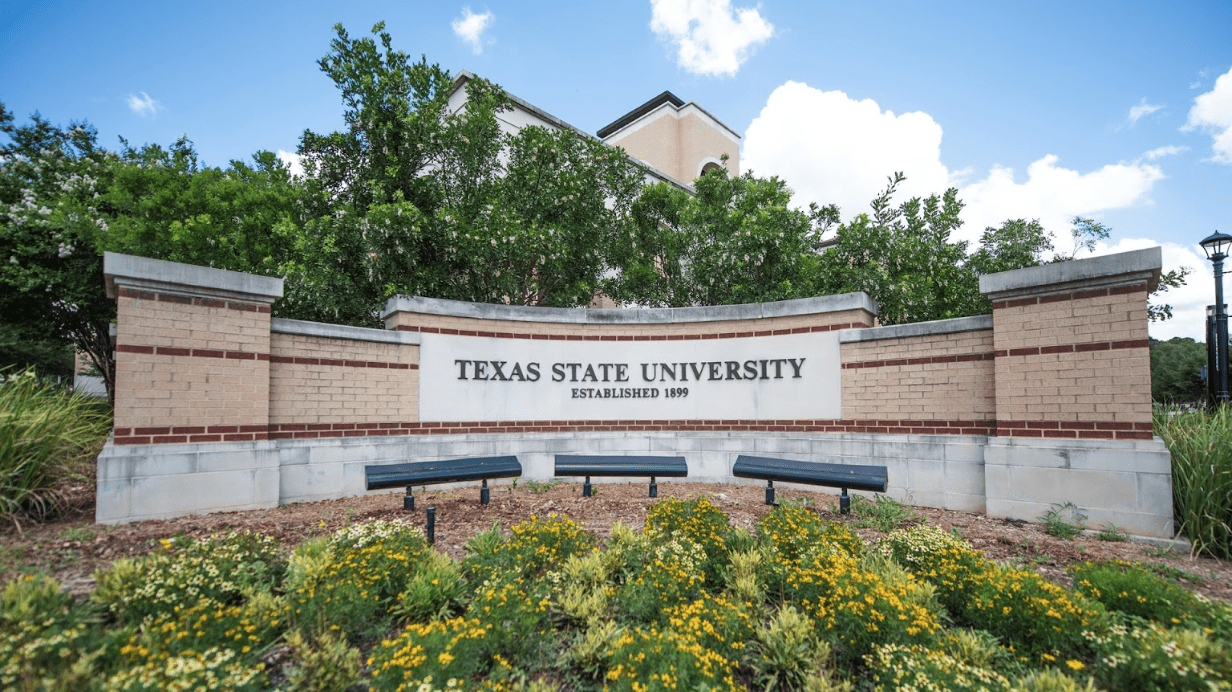The University of Houston is offering fall 2025 classes that explicitly list “queer theory” as a large part of the curriculum and a major lens for classroom discussion.
The first class, Introduction to Women’s Studies, promotes feminist theory, queer theory, and critical race theory while examining “privilege” and “oppression” through the lens of “race, gender, sexuality, class, and disability.”
The second class, Crip Narratives and Crip Theory: Intersectionalities, Positionalities, and an Introduction to Critical Disabilities Studies, uses feminist and queer theory to frame disability as a social construct, focusing on intersectionality and identity politics.
The syllabus states the course was created for Women’s, Gender & Sexuality Studies majors, Women’s Studies, or LGBT minors. It also serves as an elective course.
Each course is grounded in critical theory, feminist theory, and queer theory, with a strong focus on intersectionality and identity politics. Both classes are taught by the same professor, who lists pronouns and describes himself as “a queer, crip, feminist.”
According to both syllabi, Dr. Andrew Joseph Pegoda has been in lockdown since 2020, when government-mandated lockdowns were enacted in response to the Chinese coronavirus.
Both are online courses and are available under the university’s Women’s, Gender & Sexuality Studies program, which itself is housed at the College of Liberal Arts & Social Sciences.
Queer theory, a framework criticized by conservative author and political commentator James Lindsay for promoting radical gender ideology, teaches that while individuals are assigned a biological sex at birth, they can alter their “gender” at will.
Lindsay argues that queer theory is being used as a vehicle to push “inappropriate” topics onto students, all in the name of fostering “inclusion.”
While Texas has taken steps to eradicate DEI from higher education, lawmakers have yet to directly act against indoctrination in women’s and gender studies departments.
However, State Sen. Brandon Creighton (R–Conroe) cited a new law he authored, Senate Bill 37, as a potential answer. The new law overhauls university governance in Texas and requires university boards of regents to appoint curriculum review committees “to ensure that every course complies with state law and contributes to a degree of real value.”
Creighton expects these committees “to remove courses that fall outside the spirit of the law and the mission of Texas higher education.”
He called the new law “the strongest in the nation to guarantee our curriculum is free of DEI and ideological agendas, and instead focused on preparing students for success.” He said the law has already led to university governance voting to eliminate faculty senates “to return their campuses to places of merit, education, and innovation.”
Previously, Texas universities followed a policy of “shared governance” where boards of regents delegated authority to university presidents, who shared power with faculty senates representing the university’s faculty.
In line with SB 37, in August 2025, the regents of the University of North Texas System and Texas Tech University System reconstituted their faculty senates as advisory bodies reporting directly to the regents. The regents of the Texas State University System abolished their faculty senates.
The University of Houston did not respond to a request for comment before publication. The regents of the University of Houston System are scheduled to meet on August 21.





